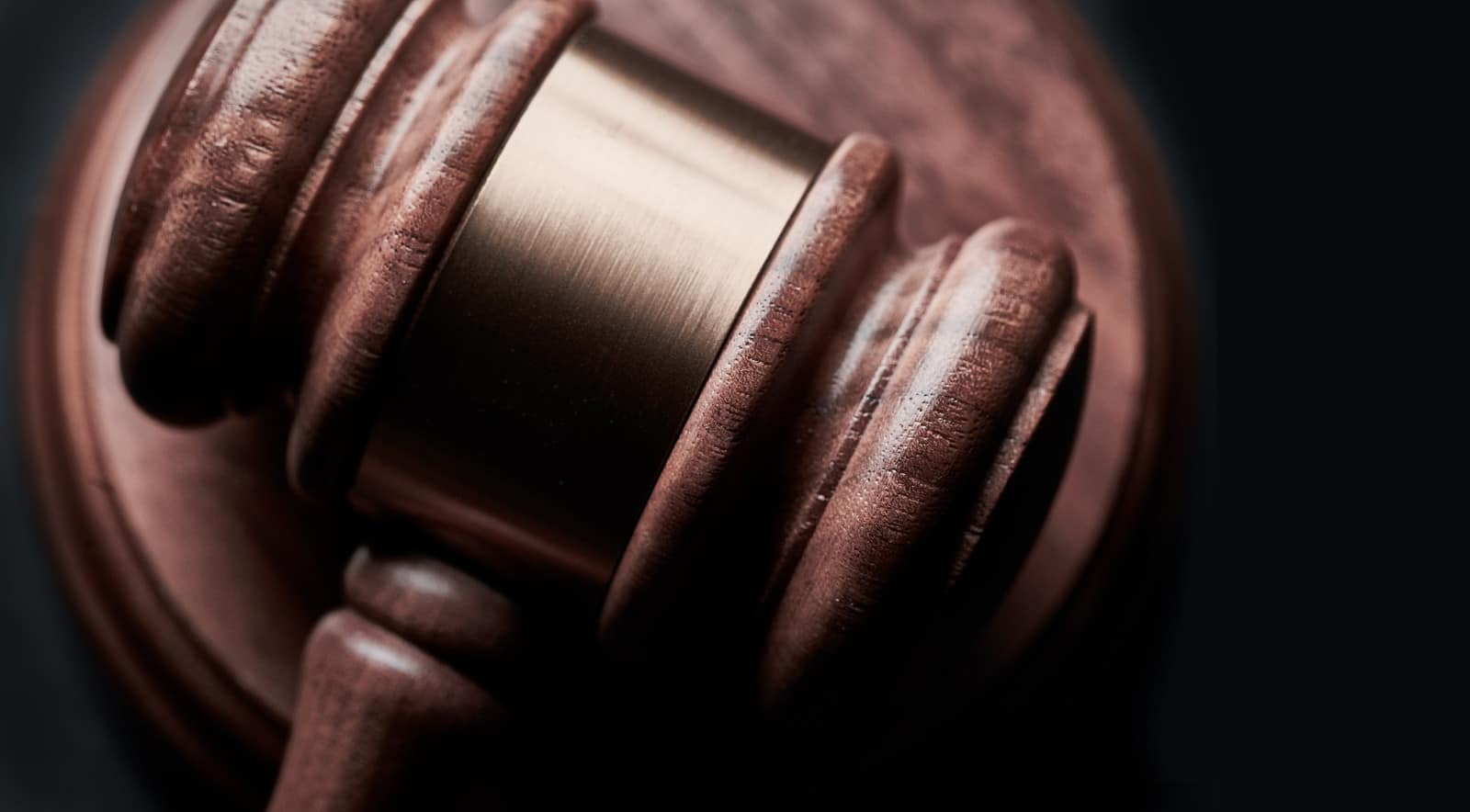GET IN TOUCH
Please contact us for more information. Our email is monitored seven days a week and we will get back to you shortly.

The executor of a will has several responsibilities when administering an estate – including accounting for all estate assets, debts, and money exchanges coming into and out of the estate. When the executor is ready to distribute the estate to the beneficiaries, they are typically required to provide a comprehensive document accounting for everything going into and out of the estate to the beneficiaries. Depending on the value and complexity of the estate, this can be an extremely detailed, complex document. In the case of a careless executor, beneficiaries might raise questions over where certain assets and accounts went during administration.
Sometimes, an estate inheritance can change a beneficiary’s life significantly, and it can be stressful waiting to receive an inheritance when the executor is not managing the estate as expected. Unfortunately, some executors have been found guilty of attempting fraud and theft by stealing pieces of the estate and not accounting for them in their report to the beneficiaries. It’s important that beneficiaries proceed with caution in agreeing to the accounting details’ terms and ensure that all estate assets are accounted for.
If a beneficiary who believes that the final estate accounts are not properly accounting for all the estate assets, there are two options available to them:
This blog will talk how about how beneficiaries can sue on behalf of the estate.
While beneficiaries might feel helpless during the estate administration process, they do have certain rights they can exercise to ensure that the executor is taking care of the estate properly. Most importantly, beneficiaries are entitled to the accounting information during the estate administration process. An executor is required to give this information when requested by a beneficiary. Beneficiaries can keep a close eye on the estate through the accounting information if they’re suspicious of the executor’s actions.

If a beneficiary believes that an estate asset has been stolen or intentionally misrepresented, they can sue on behalf of the estate. Since the beneficiary is not the lawful owner of these assets, they are not suing on behalf of themselves, even if the asset in question impacts their share of the estate. According to the Wills, Estates and Succession Act, beneficiaries are allowed to sue on behalf of an estate in BC:
Usually, suing an executor on behalf the estate will result in the executor being ordered to detail where the missing asset is, and may result in their removal as the executor and if they are entitled to an inheritance from the estate, can result in their removal as a beneficiary of the estate all together. In extreme cases where the executor was behaving inappropriately, they can be ordered to compensate the beneficiaries by paying from their own assets, completely separate from the estate.
While it may seem like the only option, most matters like this can be resolved without help from the courts. Having an outside party, like a lawyer, speak with the executor can solve most estate problems in a much faster and easier fashion.
Beneficiaries may feel as if they do not have a lot of control over the estate administration process; however, there are options available to ensure the process is done correctly. If you’re a beneficiary that thinks an estate asset has been misrepresented, contact an experienced estate lawyer today to begin solving this problem sooner rather than later.
Have a question about this topic or a different legal topic? Contact us for a consultation. Reach us via phone at 250-888-0002, or via email at info@leaguelaw.com.